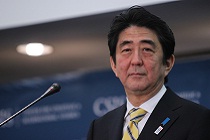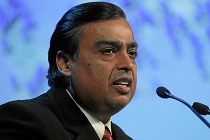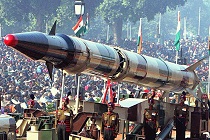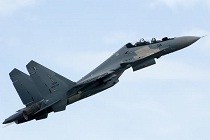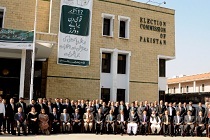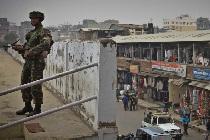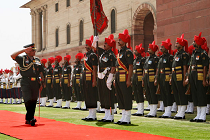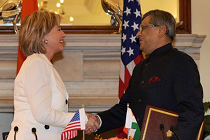Japan: ‘Playing with fire?’
After winning control of the legislature on July 21, Japanese Prime Minister Shinzo Abe has plans to alter the Constitution. In ways that could lead to a rearmed Japan, with a large defence force. What will be the consequences of this new face of Japan?

